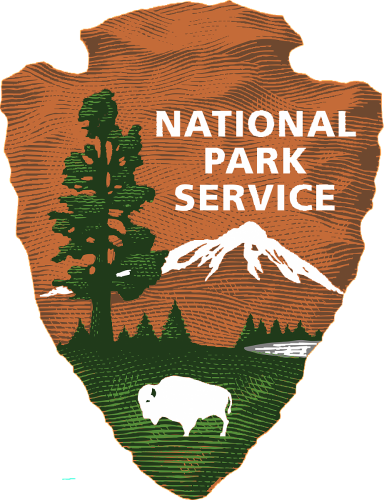WASHINGTON (BRAIN) — A District of Columbia federal judge ruled that the National Park Service can continue to allow e-bike access on non-motorized trails but needs to conduct its own environmental review followed by a public comment period to gauge the impact they have on park resources and other users.
U.S. District Court Judge Rudolph Contreras' opinion last week was in response to a lawsuit filed by the Public Employees for Environmental Responsibility (PEER) and a coalition of conservation groups in 2019 against the National Park Service for allowing e-bikes on non-motorized trails.
"Judge Contreras ruled that the Park Service's compliance with the National Environmental Policy Act, when it allowed e-bikes into the system, was defective and ordered the agency to do it over again," PEER attorney Peter T. Jenkins told BRAIN. "That should be a win for Park users. We are disappointed that he did not block e-bike use in Parks immediately, but the battle is not over."
The NPS, which declined to comment on the ruling, manages 423 national parks in the U.S. and its territories, ranging from wilderness areas to urban historical monuments.
As part of a directive by the Trump administration in 2019, e-bikes were allowed on all park trails where non-assist bikes were permitted, prompting the lawsuit that alleged:
- The NPS did not have the environmental review required under the National Environmental Policy Act (NEPA).
- The directive was issued by an unconfirmed "acting" deputy NPS director, P. Daniel Smith.
- Interior Secretary David Bernhardt and Smith regularly met in private with an industry-dominated advisory committee called the "E-bike Partner & Agency Group" at Interior headquarters and through conference calls, violating the Federal Advisory Committee Act requiring transparency to prevent secret lobbying.
In response to the lawsuit, the NPS began to reconfigure its policy by disbanding the advisory group and allowing park superintendents to decide whether or not to permit e-bikes on non-motorized trails.
PeopleForBikes, the International Mountain Bicycling Association, and the Adventure Cycling Association were part of the advisory group, according to PEER. While the Adventure Cycling Association declined to comment when the lawsuit was filed, PeopleForBikes and IMBA said then they were not part of the group. PeopleForBikes and IMBA said they met with agency staff but did not lobby nor participate in closed-door meetings.
PeopleForBikes declined to comment on the judge's ruling, and the Adventure Cycling Association did not respond to a request to comment. IMBA referred BRAIN to its comments on the NPS' proposed rule from June 2020 that advocated for an environmental review.
To implement national policy changes, the NEPA requires a detailed impact statement on how those changes will affect the environment.
"The fact that the National Park Service sought to avoid studying the impact on park resources and visitors before opening trails to e-bikes speaks volumes about the agency's environmental decision making," PEER Executive Director Tim Whitehouse said in a statement. "In essence, the Park Service chose to leap before it looked."
According to the Park Service NEPA handbook, "Analyzing impacts means describing how the existing condition of a resource would change, either negatively or positively, as a result of implementing any of the alternatives under consideration. ...
"An impact analysis predicts impacts that can be reasonably expected to occur based on scientific studies, knowledge of resources, and input from subject matter experts. Impact analysis should focus on issues that are identified during the NEPA process and carried forward for detailed analysis. It is not necessary, nor desirable, to include impacts that are speculative (i.e., there is a remote possibility that the impact would occur but no meaningful information exists on which to base a prediction)."
PEER says the environmental review process, which will be up to NPS when it's conducted, should examine "how to avoid user conflicts with the heavier, fast-moving e-bikes, the impact the faster e-bikes will have on wildlife along backcountry trails, and the added damage to unpaved trails from heavy e-bike use."
In March, the U.S. Forest Service finalized e-bike guidance for local land managers considering expanding access on trails and grasslands. Although e-bikes are still classified by the Forest Service as motor vehicles, land managers can recategorize trails from nonmotorized to motorized to allow access.


